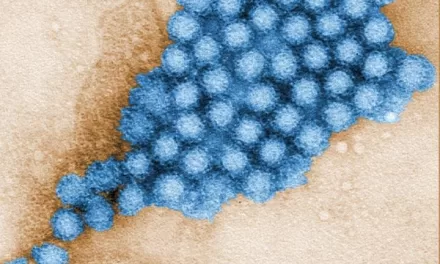As a new and deadly strain of Mpox, commonly known as monkeypox, spreads from Central Africa to other regions, including neighboring Pakistan, India faces the imminent threat of yet another public health crisis. The rapid spread of this virus, which was once confined to isolated areas, has raised concerns about India’s ability to manage a potential outbreak.
Mpox, an infectious disease caused by the MPXV virus of the Orthopoxvirus genus, has shown a high rate of transmission through close human contact. “It is evident that Mpox is highly transmissible through close human contact, particularly during intimacy or through sexual fluids. This includes actions such as touching, hugging, kissing, or even sharing utensils or clothing of an infected person,” said Dr. Prashant Sinha, Head of Emergency at PSRI Hospital. The virus can also spread through contact with contaminated materials like bedding, towels, or surfaces exposed to the virus. Dr. Sinha emphasized the importance of vigilance, especially concerning individuals with a travel history to African nations where the virus is prevalent.
The World Health Organization (WHO) has already declared a global health emergency, further highlighting the severity of the situation. Mpox not only causes physical symptoms such as severe rashes, fever, and enlarged lymph nodes but can also have neurological impacts. “Mpox affects the functioning of the brain, and a headache is just one manifestation of it. The virus can cause inflammation in brain tissues, leading to more serious conditions such as encephalitis,” explained Dr. Praveen Gupta, Principal Director and Chief of Neurology at Fortis Hospital. He called for a multidisciplinary approach to managing the disease, particularly in patients presenting with neurological symptoms.
Experts have suggested that India adopt a multi-pronged strategy to prevent the spread of Mpox. This strategy should include public awareness campaigns, vaccination drives, and the strengthening of healthcare infrastructure. Early detection and isolation of cases are crucial, with WHO recommending contact tracing and quarantine measures to contain the virus. Public awareness campaigns are essential to educate the population about the risks and preventive measures.
The lessons learned from the COVID-19 pandemic should serve as a wake-up call for India. The need for preparedness, rapid response, and coordinated efforts across various sectors cannot be overstated. As Mpox continues to pose a significant threat globally, India’s readiness to combat this emerging threat will be critical in preventing another widespread epidemic.












